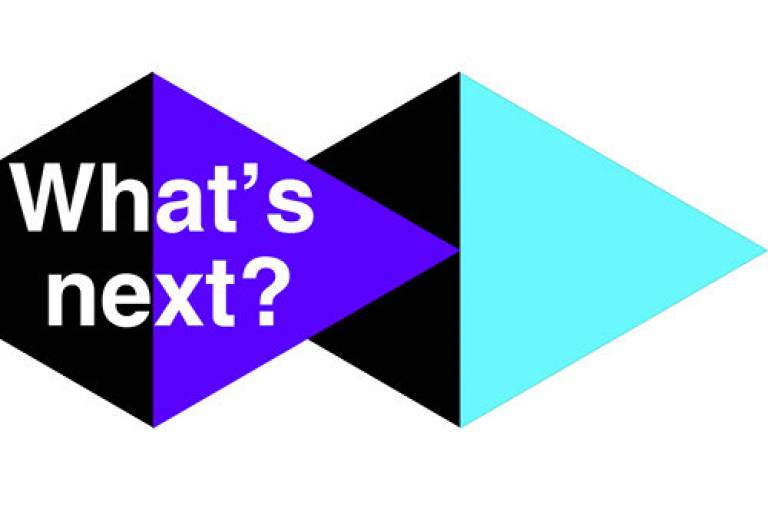5 features of a UCL education of the future
13 November 2015

January 2016 will see the launch of the UCL Education Strategy 2016-21. There is still time to let us know what you think of the central themes in the draft.
1 Education through research and enquiry
The UCL education for undergraduate and postgraduate students will be shaped by the six dimensions of the ‘Connected Curriculum’. We will work to ensure that students at UCL are learning through research and critical enquiry, making connections across their programme and related subjects. This emphasis on connections exploits our strengths as a multi-faculty university, and echoes the interdisciplinary nature of much of our research.
2 Education through participation
We will foster and embed a culture of students and staff working together to shape the curriculum and the university environment, with students having a clear voice in decision-making, and opportunities to take the lead to design and implement the ‘inspirational student experience’ of UCL 2034 Theme 2.
3 Education through experience
A UCL education is about connections and breadth, and this extends beyond the seminar room or lab. We want to offer students tailored extra-curricular activities which extends their formal learning and helps them to develop in the round. We will substantially develop opportunities for students’ experiential learning with an expansion of work placements and internships; new opportunities to study or spend time abroad; through volunteering and enterprise projects, and through challenging and inspiring interdisciplinary courses, such as the Global Citizenship programme. We will also continue with our commitment to modern foreign languages education, with our requirement that all UK students should either enter with, or have developed by graduation, a basic level of language competence.
4 Introduction of a UCL Core Course
In line with our aim to offer students opportunities outside the formal curriculum to explore interdisciplinary connections, we will establish a UCL ‘core course’: a distinctive and intellectually stimulating online programme of pre-entry materials, which will introduce prospective students to the interdisciplinary breadth of the UCL education, and allow them to explore our campus and connect with other students before they arrive. We hope to exploit the potential of social and collaborative media to build a community of students online before they join, and to integrate interdisciplinary academic activities into the university induction programme. The core course will link through to the Global Citizenship Programme, providing important points of reflection in a student’s first year.
5 Using student survey responses
The establishment of a coherent and consistent approach to student surveys at UCL, making clear to students why they matter and how the results drive institutional change. This will include systems to ensure that staff receive the data from those surveys in ways that make it simple for them to determine how to respond. Surveys will become the entry-level activity of a broader culture of student participation.
One of the objectives under Theme 2 of UCL 2034 relates to levels of student satisfaction in national and internal surveys: “Achieve high levels of satisfaction in the National Student Survey and International Barometer, placing us in the top quartile of performance of Russell Group universities.”
Rather than treat this as a separate objective, we believe that this should be one of the main outcomes of this Education Strategy, and the end goal of our investment of staffing, resources and energy over the next five years. Levels of student satisfaction will be a key indicator of the success of strategy.
What do you think? What works well? What could be emphasised more?
Read the draft strategy online and share your thoughts online with us:
www.ucl.ac.uk/teaching-learning/2016-21
 Close
Close

